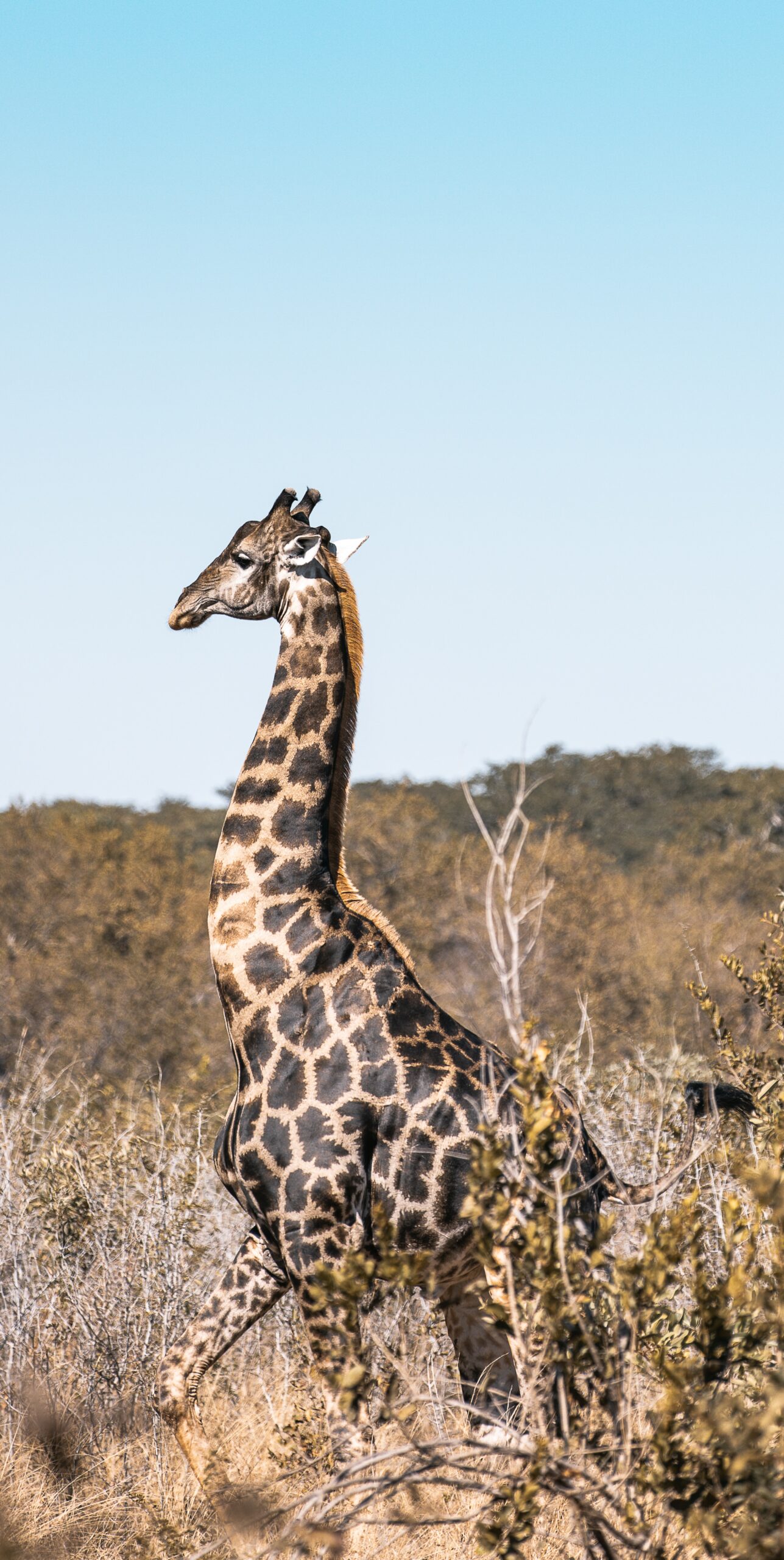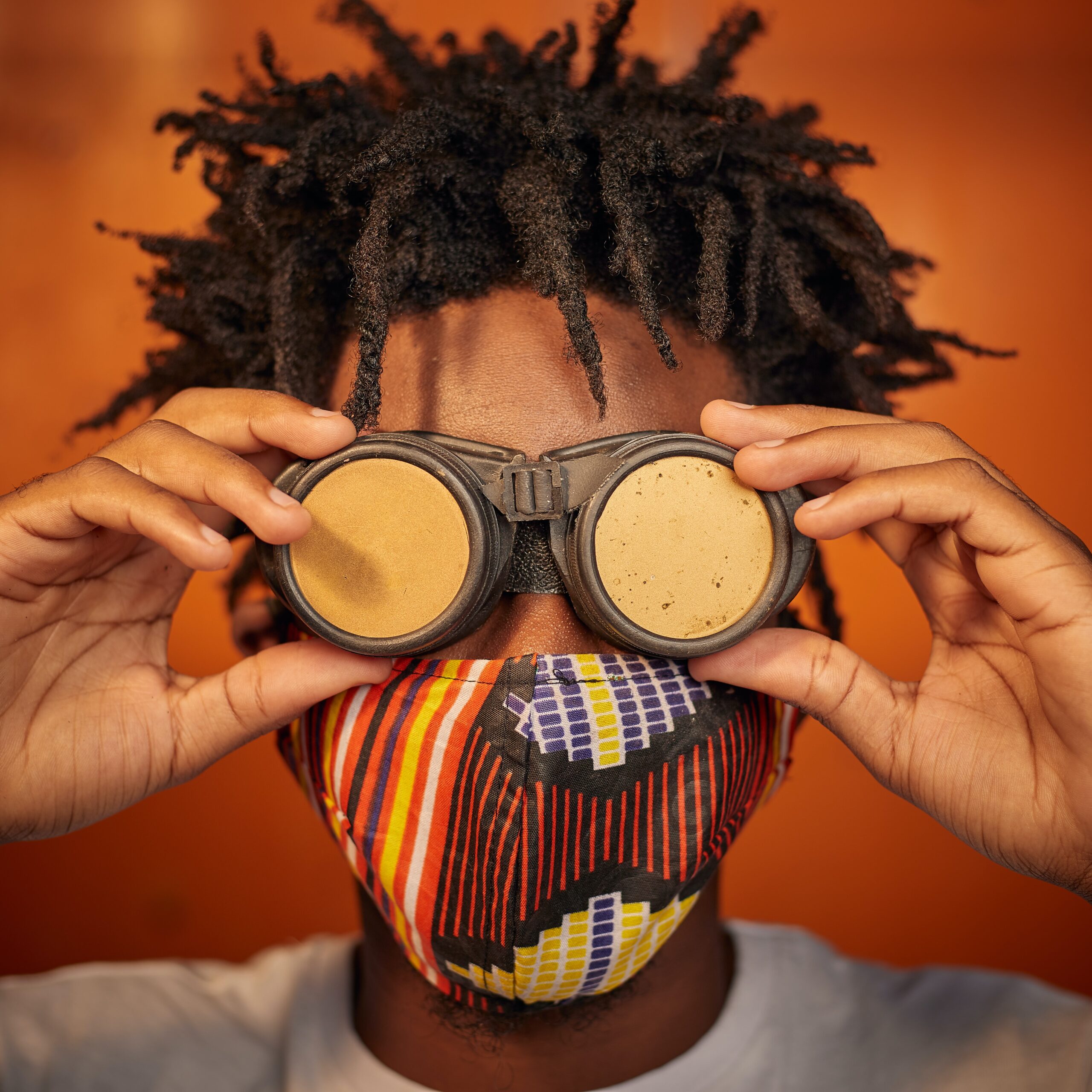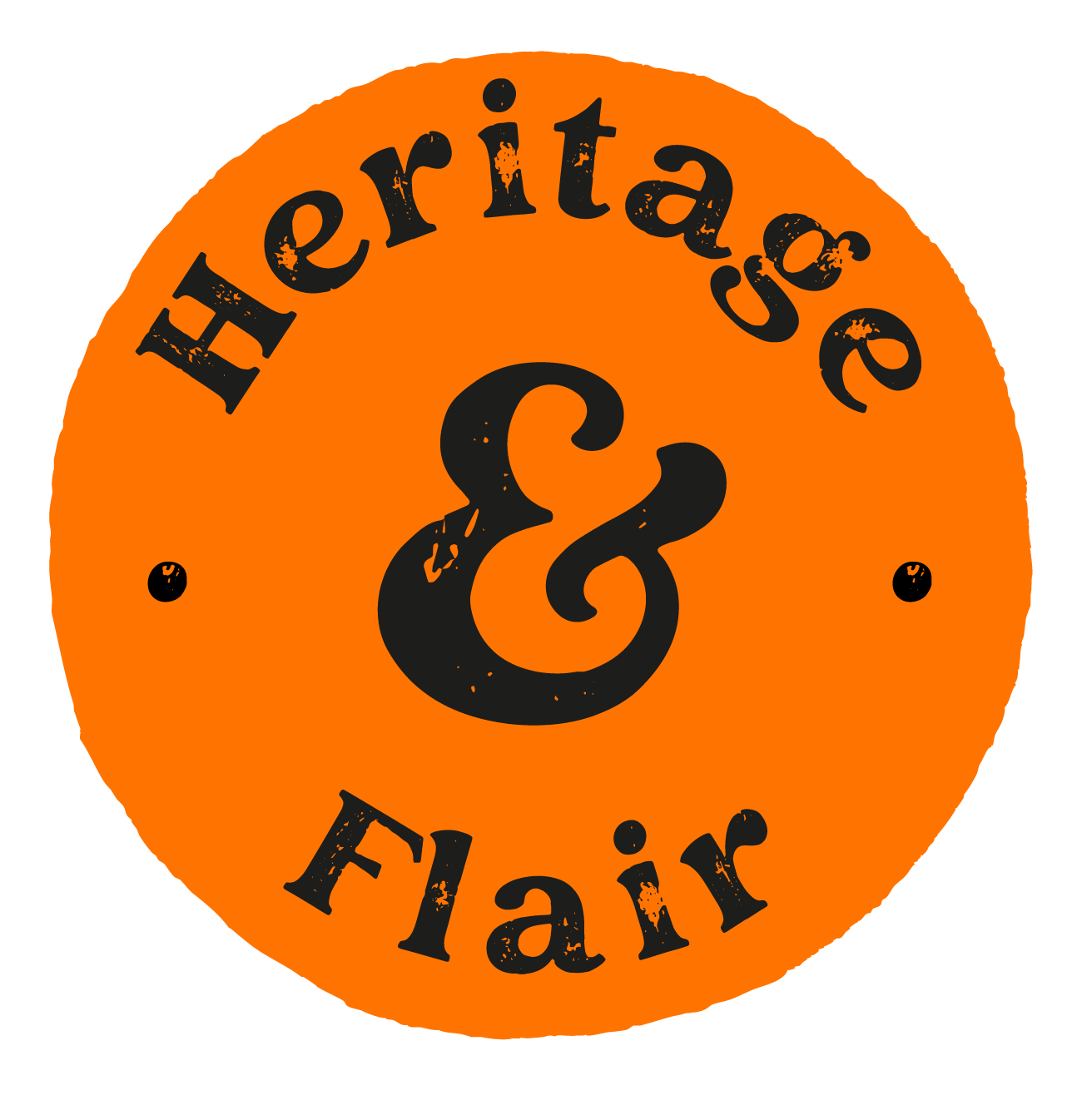
Photo by Cole Miller
Zimbabwe
Zimbabwe is a landlocked country located in Southern Africa, bordered by South Africa to the south, Mozambique to the east, Zambia to the northwest, and Botswana to the west. The capital city of Zimbabwe is Harare, which is also the country’s largest city and its economic and political center. Zimbabwe is a linguistically diverse country with 16 official languages, including English, Shona, and Sindebele (also known as Ndebele). English is commonly used in education and administration
It has a population of over 15 million people, with a variety of ethnic groups, including the Shona, Ndebele, and many others. Zimbabwe has a rich historical heritage, with the Great Zimbabwe ruins being a testament to the advanced civilisation that once thrived in the region. It gained independence from British colonial rule in 1980, ending the era of white-minority rule. Zimbabwe’s struggle for independence was marked by a protracted armed conflict against British colonial rule and a unilateral declaration of independence by the white-minority government. Independence was finally achieved, leading to the birth of the Republic of Zimbabwe.
Zimbabwe is a republic with a presidential system. The President serves as both the head of state and the head of government. The country has a multi-party political system. Zimbabwe’s economy is diverse, with agriculture, mining, and manufacturing playing important roles. The country is known for its agricultural products which include tobacco and cotton. However, it has faced economic challenges, including hyperinflation in the past.
Zimbabwe boasts a rich cultural heritage, with traditional music, dance, and art playing a significant role. The country is known for its mbira music, stone sculptures, and the famous Shona sculpture tradition.
The country is rich in mineral resources, including gold, platinum, and diamonds. Its abundant wildlife, national parks, and the iconic Victoria Falls make it a prime destination for nature enthusiasts and tourists. Zimbabwe has also faced other challenges, including economic difficulties, and social concerns. Efforts have been made to address these challenges and promote stability and development.
Zimbabwe is a popular tourist destination, known for its stunning natural attractions, including Victoria Falls, Hwange National Park, and Matobo National Park, which is home to the Matobo Hills with unique rock formations and ancient cave art.
Zimbabwe is home to a variety of wildlife, including a unique species of snake known as the African House Snake (Boaedon fuliginosus). These snakes are common in many households and are not venomous, making them a natural form of pest control.
Zimbabwe is a country with a rich history, diverse culture, and abundant natural beauty. While it has faced challenges, it continues to be a place of interest for travelers and those interested in its unique cultural heritage and natural wonders.
Hidden Insights: Uncovering Zimbabwe
1. Great Zimbabwe: While the Great Zimbabwe ruins are well-known, not many are aware that they were once the centre of a thriving civilisation. This ancient city was a hub of trade, culture, and political power, with structures made of carefully cut stone blocks. It remains one of the most significant archaeological sites in Africa.
2. Balancing Rocks: These geological formations are a unique sight found throughout the country, especially in the Matobo Hills area. They consist of huge boulders precariously balanced on top of one another, creating intriguing natural sculptures.
3. World’s Largest Reservoir: Lake Kariba, located along the border between Zimbabwe and Zambia, is the world’s largest man-made reservoir by volume. It was created by damming the Zambezi River in the 1950s, forming a massive body of water that is not only vital for electricity generation but also a popular destination for water-based activities.
4. Birthplace of Cecil John Rhodes: The Matobo Hills region in Zimbabwe is not only known for its rock formations but also as the burial place of Cecil John Rhodes, a British imperialist, politician and mining magnate.

Photo by Tanaka Pendeke

Photo by Ben Masora
Capital City: Harare
Population: 15.99 million (2021)
Nationality: Zimbabwean(s)
Location: Southern Africa
Languages: Shona (official; most widely spoken), Ndebele (official, second most widely spoken), English (official; traditionally used for official business), 13 minority languages (official; includes Chewa, Chibarwe, Kalanga, Koisan, Nambya, Ndau, Shangani, sign language, Sotho, Tonga, Tswana, Venda, and Xhosa)
Religion: Protestant 74.8% (includes Apostolic 37.5%, Pentecostal 21.8%, other 15.5%), Roman Catholic 7.3%, other Christian 5.3%, traditional 1.5%, Muslim 0.5%, other 0.1%, none 10.5% (2015 est.)
Area Total: 390,757 sq km
Zimbabwe Embassy in UK
Address: 429 Strand, Covent Garden, London Wc2R 0Jr, United Kingdom
Website: http://www.zimlondon.gov.zm
African Countries Excel At The 2024 Olympics
African countries medals at the Olympics
Nelson Mandela: Troublemaker
Nelson Rolihlahla Mandela, affectionately known by his clan name Madiba, was a statesman remembered as a beacon of hope, resilience, and unwavering commitment to justice with a legacy of peace and reconciliation. Mandela was born on the 18th of July 1918, into the...
Breaking Stereotypes: Africa is Not A Country
In the global narrative, Africa often falls victim to a pervasive stereotype - that of being a single, homogeneous entity. However, the truth is far richer and more complex. Africa is not a country; it is a vast and diverse continent, home to a multitude of nations,...
